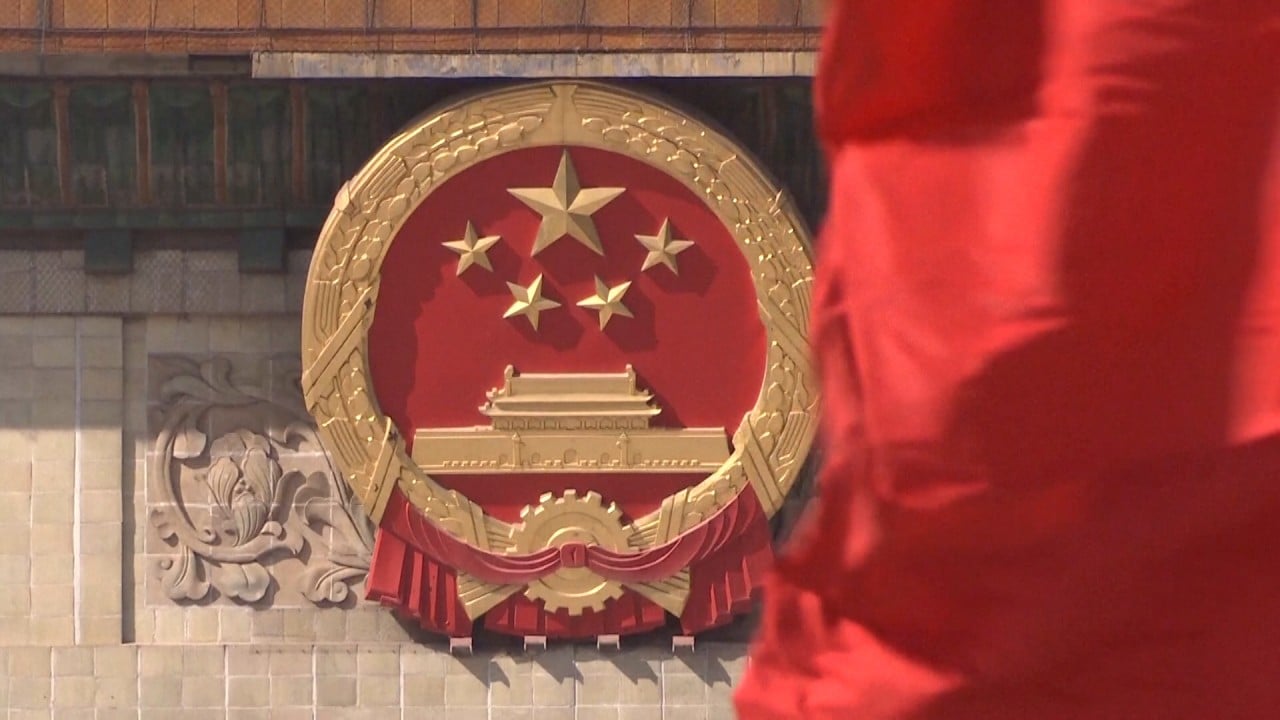
Letters | Hong Kong national security law: why the US is right to say that city has lost its autonomy
- Talk of needing national security law because of violent protests is false, as laws already exist to deal with violent activity
- Living in a free society must include the ability to say things other people find offensive, including calling for Hong Kong independence
The terms in which Hong Kong’s Justice Secretary Teresa Cheng Yeuk-wah attacked US President Donald Trump’s statement that Hong Kong has lost its autonomy show that Cheng has a poor understanding of what Hong Kong’s autonomy is supposed to be, and an even worse understanding of what a free society is.
At the heart of “one country, two systems” is the idea that Hong Kong keeps freedom of conscience, freedom of speech, and the rule of law, which do not exist in the mainland.
The essence of free speech, as the Hong Kong courts have recognised, is the freedom to say things which other people may find offensive. That includes, among many things, being allowed to say that Hong Kong should be independent.
That is why Scotland, which is part of the United Kingdom, has a Scottish National Party dedicated to ending the “One Country” of the United Kingdom. The same applies to the Parti Quebecois which wants to end “One Canada”.
English common law has accepted since the Middle Ages that treason cannot be committed without actual or intended violence. That common law is part of the law of Hong Kong by Articles 8 and 18 of the Basic Law.

02:23
Beijing remains ‘very firm’ on national security law for Hong Kong, says city’s leader Carrie Lam
Talk about needing the national security law because of violent protests is false and a smokescreen. Hong Kong already has a large number of laws criminalising all the violent activity and vandalism which occurred during last year’s protests. Thousands of criminal cases are currently being processed through the justice system.
Cheng as justice secretary should be defending Hong Kong’s rights, not trying to justify taking them away.
Paul Harris, founding chair, Hong Kong Human Rights Monitor

